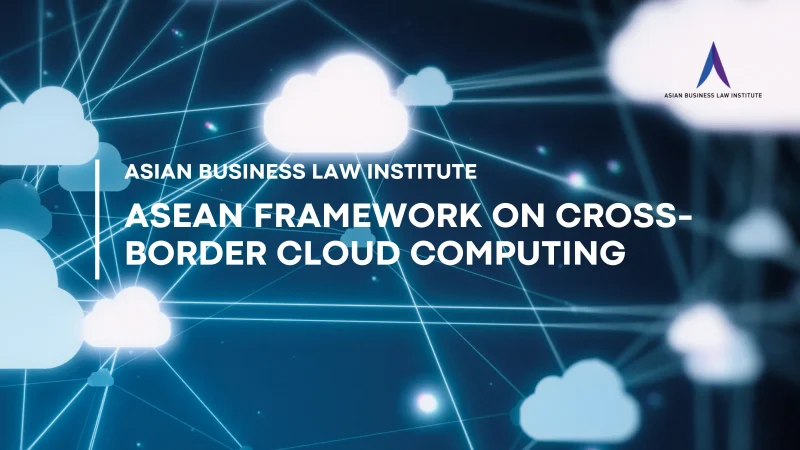Understanding industrial relations and employment law in Malaysia means being aware of how trade unions and collective bargaining operate.
These systems are critical for creating structured legal frameworks to manage and negotiate work-related matters. This blog will take you through their purpose, the process, and what both employers and employees should generally understand.
What is Collective Bargaining Under Industrial Relations and Employment Law in Malaysia?
Collective bargaining refers to negotiations between employers and a group of employees—often represented by a registered trade union—regarding employment terms such as salaries, working conditions, and benefits. Under industrial relations and employment law in Malaysia, these discussions must follow legally defined procedures to be valid.
Trade Unions in Industrial Relations and Employment Law in Malaysia
Trade unions are recognised bodies formed by workers to promote and defend their interests. Under industrial relations and employment law in Malaysia, trade unions must be registered and act within their legal mandate. They are essential in:
- Representing employee concerns
- Supporting workers during disputes
- Negotiating collective agreements
Legal Requirements for Trade Unions under Industrial Relations and Employment Law in Malaysia
In the Malaysian context, trade unions must comply with regulations outlined in the Trade Unions Act 1959 and the Industrial Relations Act 1967. These acts are cornerstones of industrial relations and employment law in Malaysia, outlining registration procedures, union rights, and responsibilities.
Recognising a Trade Union for Collective Bargaining
Recognition is the first step in allowing a trade union to bargain on behalf of employees. According to industrial relations and employment law in Malaysia, a union must apply for recognition from an employer. If not granted, the matter can be referred to the Director General of Industrial Relations.
Once recognised, the union can submit a proposal for a Collective Agreement (CA)—a formal, legally binding document.
Collective Agreements and Their Role in Industrial Relations and Employment Law in Malaysia
A Collective Agreement typically covers a fixed term (e.g., three years) and includes:
Trade unions are recognised bodies formed by workers to promote and defend their interests. Under industrial relations and employment law in Malaysia, trade unions must be registered and act within their legal mandate. They are essential in:
- Salary scales
- Allowances and benefits
- Working hours
- Leave entitlements
- Disciplinary procedures
These agreements are registered with the Industrial Court and become legally enforceable under industrial relations and employment law in Malaysia.
Dispute Resolution Mechanisms in Industrial Relations and Employment Law in Malaysia
When negotiations break down or disputes arise, mechanisms under industrial relations and employment law in Malaysia help resolve issues through:
- Conciliation by the Department of Industrial Relations
- Arbitration through the Industrial Court
- Strikes or lockouts, though highly regulated and often a last resort
Employer Responsibilities under Industrial Relations and Employment Law in Malaysia
Employers have the responsibility to:
- Respect employee rights to unionise
- Engage in good faith negotiations
- Comply with the terms of collective agreements
- Provide a safe and non-discriminatory workplace
These responsibilities are outlined within Malaysia’s regulatory framework on industrial relations and employment law.
Employee Rights under Industrial Relations and Employment Law in Malaysia
Employees are entitled to:
- Join or form trade unions
- Be represented in collective bargaining
- Enjoy protections under registered collective agreements
- Seek recourse through industrial tribunals
These rights aim to maintain balance in employer-employee relationships under industrial relations and employment law in Malaysia.
The Role of the Industrial Court in Malaysia
The Industrial Court ensures fair adjudication of disputes that cannot be resolved through negotiations. Its rulings are binding and enforceable under the law.
This court plays a critical role in the overall framework of industrial relations and employment law in Malaysia, providing legal remedies in unfair dismissal cases, non-compliance with collective agreements, and union recognition disputes.
Trade Union Limitations under Industrial Relations and Employment Law in Malaysia
While trade unions are vital, industrial relations and employment law in Malaysia also sets boundaries:
- No political activities under union guise
- Restrictions on strikes without legal procedure
- Regulations on funds and membership activities
These ensure unions operate within a legal, ethical structure.
Conclusion: Strengthening Labour Harmony with Industrial Relations and Employment Law in Malaysia
Understanding how trade unions and collective bargaining work under industrial relations and employment law in Malaysia is vital for maintaining a fair, transparent, and legally compliant workplace. Whether you’re an employer or employee, being informed is key to effective workplace governance and dispute prevention.

